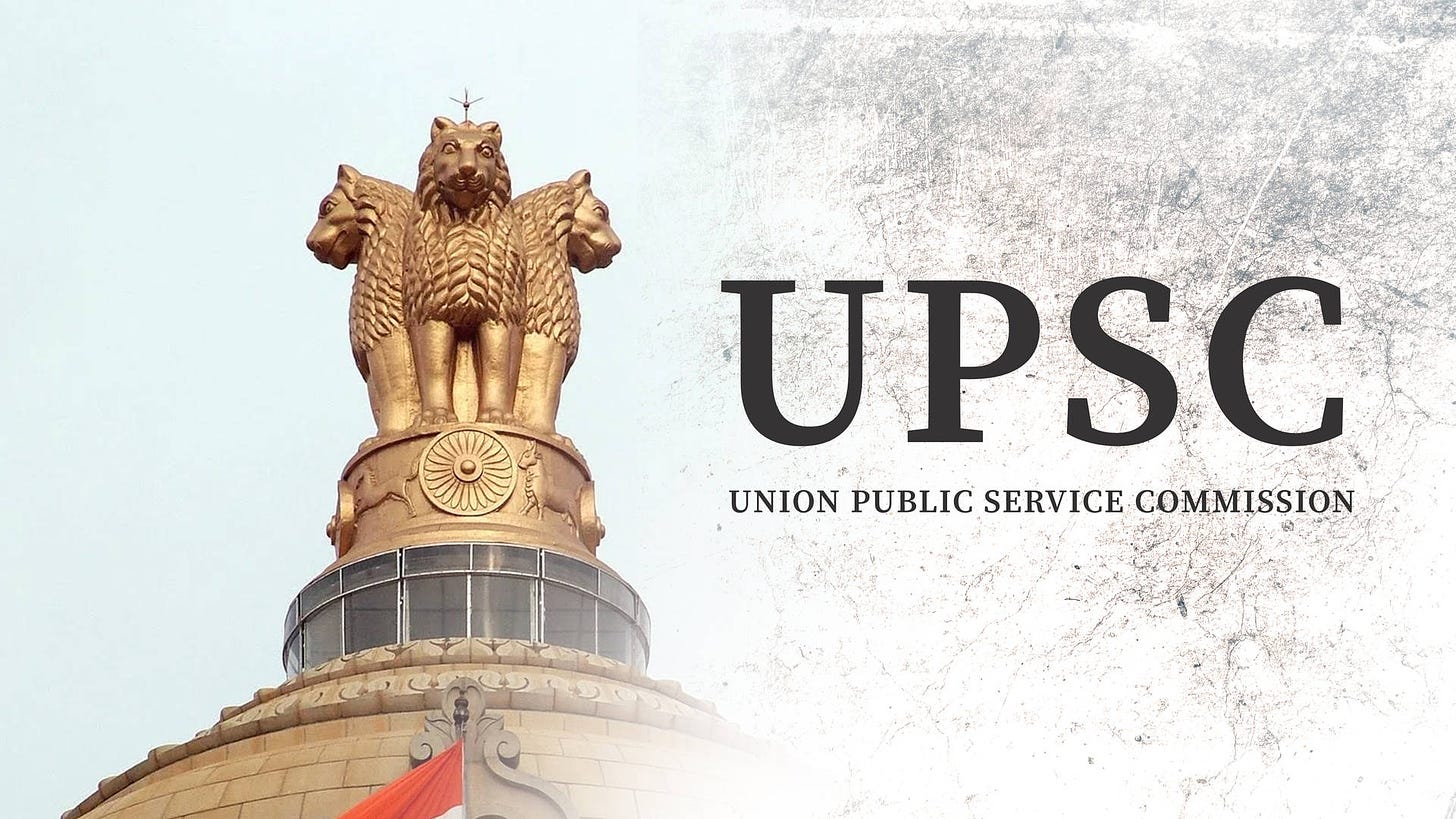Hope your 2024 is off to a great start. For this post, I wanted to write about a book I recently read and liked a lot, Twelfth Fail by Anurag Pathak.
I heard about the movie, 12th fail, which was doing very well and learned that it was based on a book by the same name, that too, a book originally written in Hindi. I have been wanting to read Hindi books, especially something that was positive and not too heavy. Another reason I thought I would like this book was that it was related to UPSC. UPSC (Union Public Service Commission) examination is arguably the toughest examination in India. It is conducted to select the candidates for the highly reputed Indian Civil Service. A successful candidate needs to pass through three levels of examination spanning around a year. I, personally, have been at times interested in pursuing civil services. But that remained an interest and never really turned into a commitment. My journey remained limited to reading about UPSC and how to prepare for it. Me and another friend in college even used to discuss which services among many we would give as our first preference. After rigorous discussions about the pros and cons of each, we would come to our preferred service choices. It was like we had finalized the curtains, we just didn’t have the land yet to build the house. So, I was looking forward to living the UPSC journey vicariously by reading this book.

The book is inspired by the real life story of Manoj Kumar Sharma, a boy from a small village in India who fails his class 12th examination in first attempt but goes on to become an IPS (Indian Police Service) officer. Many UPSC journeys are inspired by stories of interactions with a civil servant earlier in life. Manoj fails his class 12th examination because the newly appointed SDM (sub-divisional magistrate) in his area prevents any cheating from happening that year. Manoj gets to meet this SDM a few more times, and is really impressed by his honesty and influence. He decides to become an officer like him to serve the society. Back in my college also, many aspiring students would have a story of their childhood that made them want to prepare for the services. I remember one senior telling me that when we was ten years old, he saw that their car among others were being stopped on a road, but a car belonging to DM (District Magistrate) was allowed to pass by. From that day, he wanted to be the one who would be sitting in one of these cars one day.
But as the book also highlights, clearing these exams is just very very hard. With over a million aspirants aiming for less than 1000 seats, the odds are highly stacked against you. Moreover, to become an IPS officer, one needs to be in the top 200-300 ranks. The book highlights many of the challenges Manoj has to overcome, lack of money being one of the prominent ones. But all these struggles eventually play a part in him becoming capable of becoming an IPS officer. The story also highlights one thing that one of my friends always says, “If you don’t get what you are desiring, there is probably something much better waiting for you”. As Manoj says in his final interview, if he had been allowed to cheat and pass in his class 12th examination, he probably would have been running a taxi service in his village and not appearing for civil service examination.
There’s also an English translation of the book which is available if you are interested. There’s definitely the movie you can watch which has received excellent reviews. I personally haven’t watched the movie yet, because similar to Harry Potter, I feel once you have read the books, you don’t appreciate the movies as much, and are comparing the movie to the book. But I might watch it eventually, like I did with Harry Potter too.